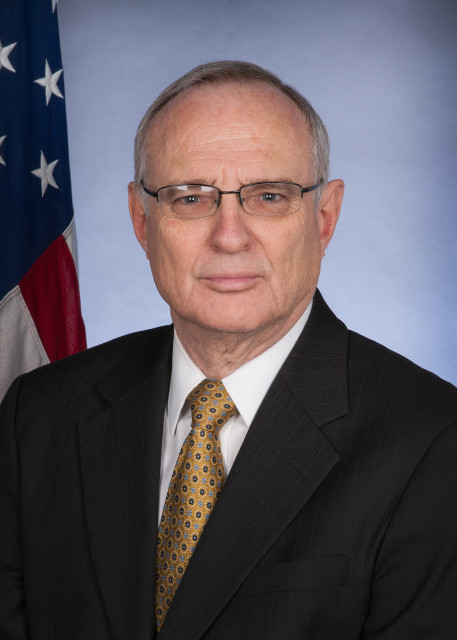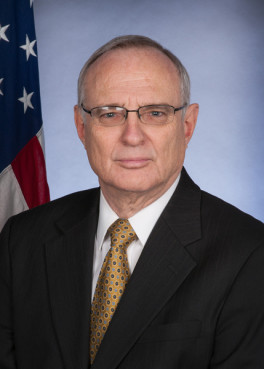ROME (RNS) The top U.S. official for international religious freedom on Friday (Dec. 11) decried presidential campaign rhetoric as “deeply problematic” for the country’s foreign policy and “not helpful” to efforts by the government to mobilize Islamic communities.
During a trip to Rome for a conference on Christian persecution, David Saperstein, the U.S. ambassador-at-large for international religious freedom, did not cite Donald Trump by name but took aim at recent controversial comments by presidential candidates.
“I think the president’s been clear that some of the language that has emerged in the presidential campaign so far has been problematic, and some of the proposals about barring people on the basis of religion is deeply problematic to America’s values and interests,” he told journalists.
“I think that some of the proposals and rhetoric do complicate our foreign policy activities and goals. If we are trying to mobilize a vast majority of Muslims who reject what the extremists in the name of Islam are doing, in their violent activity, this is not helpful,” the ambassador added.
Attention worldwide has focused on statements made by Trump, the GOP presidential hopeful who on Monday (Dec. 7) called for a ban on Muslims entering the U.S.
Those comments sparked international condemnation and prompted more than 530,000 British residents to petition their government to ban Trump from entering the country based on hate crime legislation. The U.K. government must now consider debating the petition in Parliament.
While Saperstein would not be drawn into specifics on the Trump plan, he said every country has the right to bar people from admission to their country if they believe the individual would pose a danger to citizens.
“If someone is engaging in hate speech and divisive speech, and speech that is calling for violence, then that would be a criteria that one can use to make these determinations,” he said.
(Rosie Scammell covers the Vatican for RNS)






